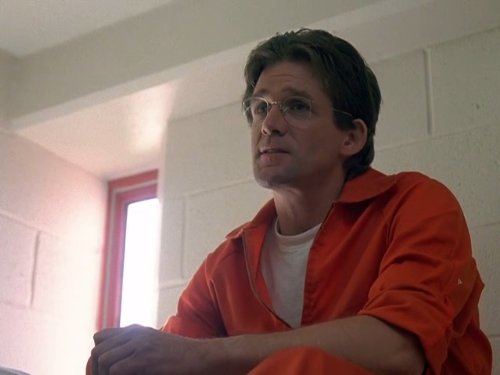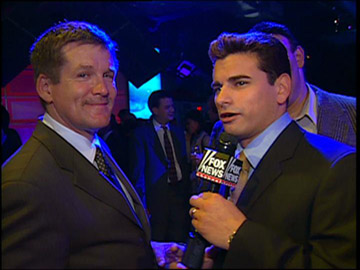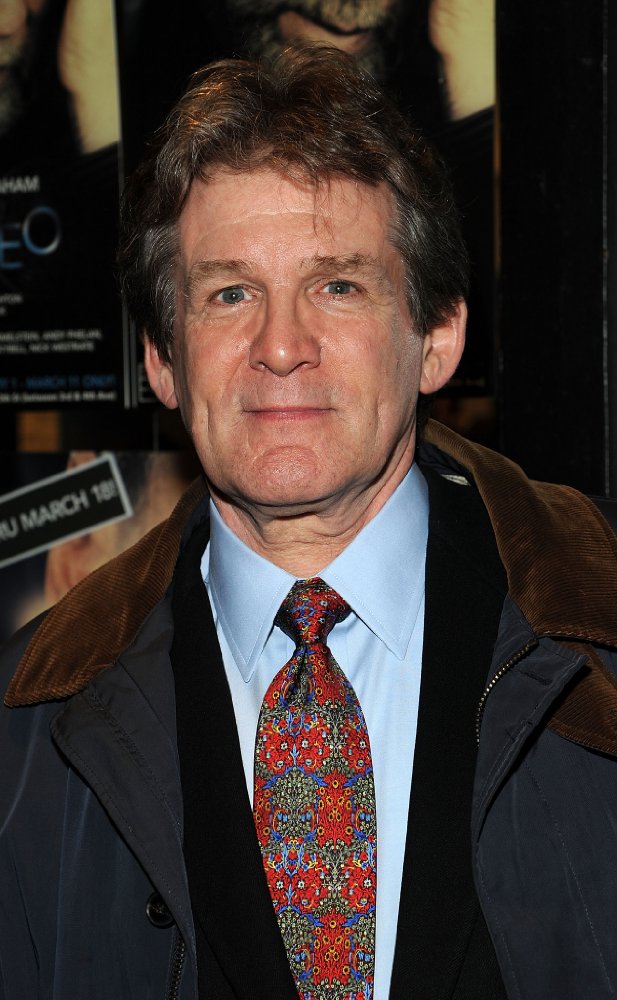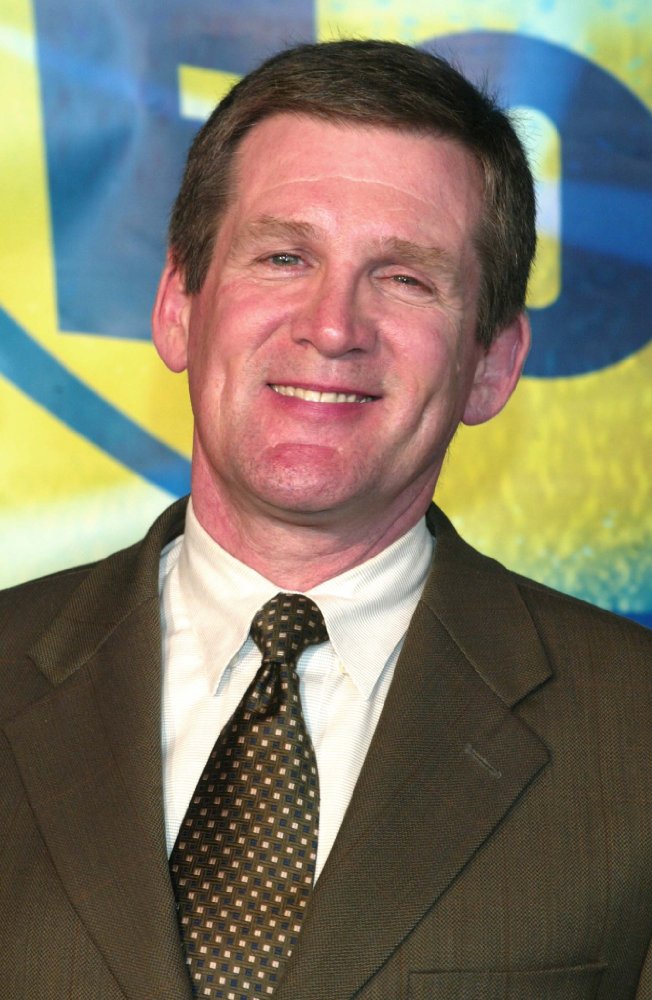Anthony Heald
Birthday: 25 August 1944, New Rochelle, New York, USA
Birth Name: Philip Anthony Mair Heald
Height: 170 cm
Anthony Heald was born Philip Anthony Mair Heald on August 25, 1944, in New Rochelle, New York. He graduated from Massapequa High School on Long Island, New York, in 1962, and from Michigan State Univ ...Show More
Anthony Heald was born Philip Anthony Mair Heald on August 25, 1944, in New Rochelle, New York. He graduated from Massapequa High School on Long Island, New York, in 1962, and from Michigan State University in 1971. He currently resides in Ashland, Oregon, where he was a member of the Oregon Shakespeare Festival acting company for the 1997, '98 and '99 seasons.Besides being a very diverse character actor, Anthony Heald has also lent his voice to audio books as well. He did readings of most of the Star Wars Expanded Universe and New Jedi Order audio books. By narrating a majority of the expanded universes books he has essentially become the voice of Star Wars. His unique way of delivering the stories and characters of the books have added life to the books in an amazing way. Hide

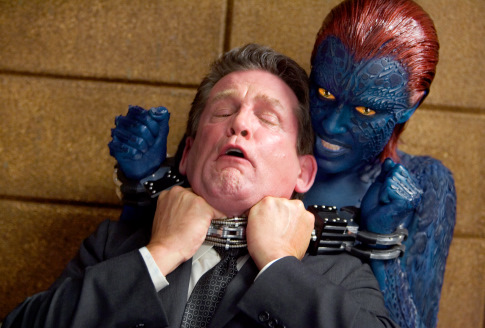
 Anthony Heald'S roles
Anthony Heald'S roles



























